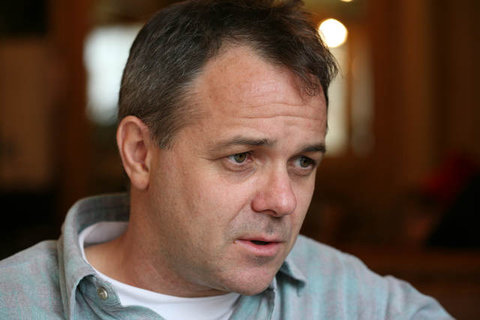This post was written by Matthew Davis.
“Ask yourself, which disease of global importance do you have absolutely no control measures that work and dengue is one of the few,” said Jeremy Farrar, director of the Oxford University’s Clinical Research Unit in Vietnam “And it’s a 21st century disease because instead of living in rural populations, it is mainly in urban areas.”
Farrar was offering his perspective on dengue at a scientific session Tuesday where it was clear that some dengue experts are still unsettled by the results from a Phase2 vaccine trial of the world’s most advanced dengue vaccine. He said he was there in part to “manage expectations” for the vaccine, which is being developed by Sanofi Pasteur and is now in Phase 3 trials in 10 countries in Asia and Latin America.
 In September, the company published results from a Phase 2 trial in Thailand that it viewed as a success because, according to Sanofi, it showed that a safe dengue vaccine was possible and provided evidence of efficacy against three of four dengue virus serotypes. Other dengue researchers were disappointed by the vaccine’s failure to protect against dengue serotype 2 that was the predominant strain in the region at the time of the trial.
In September, the company published results from a Phase 2 trial in Thailand that it viewed as a success because, according to Sanofi, it showed that a safe dengue vaccine was possible and provided evidence of efficacy against three of four dengue virus serotypes. Other dengue researchers were disappointed by the vaccine’s failure to protect against dengue serotype 2 that was the predominant strain in the region at the time of the trial.
Farrar, who is not connected to Sanofi Pasteur, said some of the reaction to the trial might have been influenced by unrealistic expectations among dengue experts eager for some way to fight back against a disease that is becoming a major public health problem around the world. (In the United States, locally acquired cases are now being reported in Florida and researchers at ASTMH are presenting evidence of a distinct strain of the disease emerging in Key West.)
Farrar said whether it’s a soccer game or a vaccine trial, “if you go into something overselling expectations for the results, it may be that you fall from a greater height.”
Despite the issues with efficacy in the Thailand study, Farrar said the fact that the trial primarily was concerned with assessing safety, and no safety problems arose after thousands were immunized means “the glass is more than half full.” The trial results, he said, “could have been better, as everyone knows, but they are not terrible.”
Farrar said he was glad Sanofi had already initiated Phase 3 trials before receiving the data from Thailand because those trials—which will be completed in 2014--are focused primarily on efficacy and can provide a more definitive view of the vaccine. One issue will be whether the vaccine still can significantly reduce the burden of disease in certain regions even if it does not provide protection for serotype 2.
Farrar said even a partially efficacious dengue vaccine could be valuable because treatments employed so far “have not made any difference in any clinically measureable way.”
Scott Halstead with the Seoul-based International Vaccine Institute, who also works with the Dengue Vaccine Initiative, wrote a commentary in the Lancet in September noting his disappointment with the vaccine trial results. He said Tuesday that he remains concerned over the data from the Thailand trial, particularly since so many of the volunteers already had partial immunity to dengue from previous exposure to the disease.
“Adding a tetravalent vaccine to people who already had partial immunity and not ending up with broad symmetrical immunity was terribly surprising,” he said.
There will be further discussion of dengue vaccines at a scientific session Wednesday at 8 a.m. at the Marriott in Room A706/A707.
Image: Jeremy Farrar.